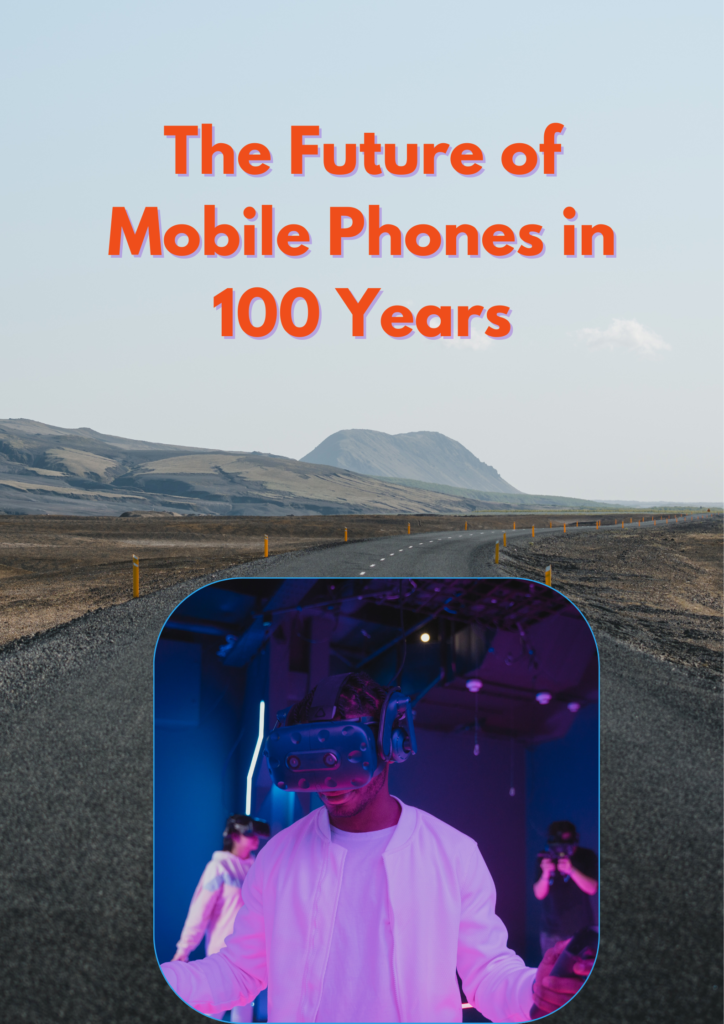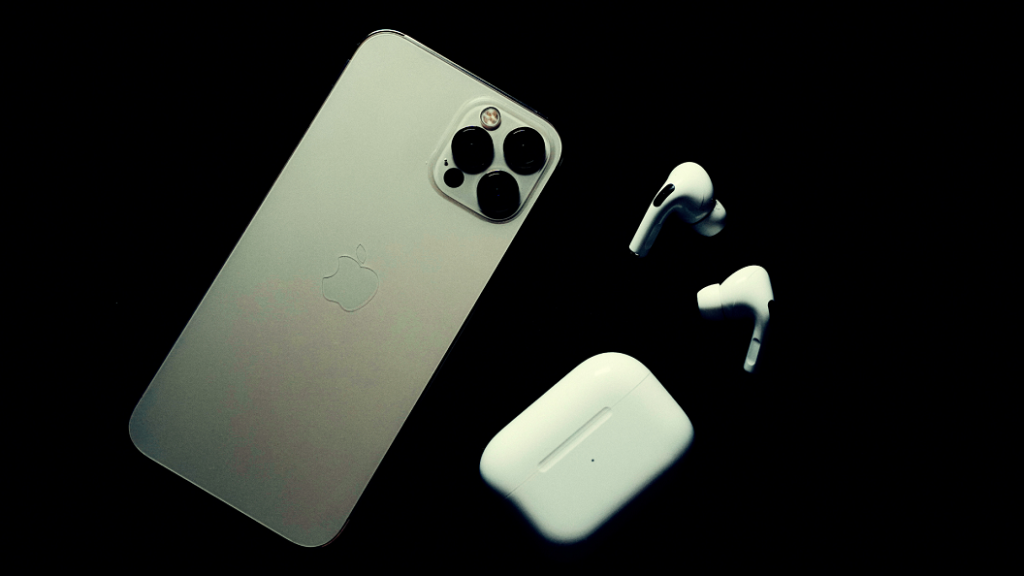
As we venture into the future, the evolution of mobile phones promises to be one of the most exciting technological transformations of our time. In 100 years, we can expect mobile phones to not only become more integrated into our lives but also to redefine how we interact with the world around us. This article explores the anticipated advancements in mobile technology and their potential implications by 2124.
1. The Shift to Augmented Reality and Virtual Reality
By 2124, mobile phones may no longer exist as physical devices. Instead, we might rely on advanced augmented reality (AR) and virtual reality (VR) systems that overlay digital information onto our real-world experiences. These systems could take the form of smart glasses, contact lenses, or even neural implants that project information directly into our field of vision.
This shift to AR and VR technology will revolutionize how we communicate, navigate, and access information. Imagine walking down the street and receiving real-time data about your surroundings—restaurant reviews, historical facts, or even connecting with people around you—all displayed seamlessly in your view. Companies like Microsoft and Apple are already investing in AR technologies, setting the stage for a future where our devices are an extension of our perception of reality .
2. Ubiquitous Connectivity with Advanced Networks
The evolution of mobile networks will play a crucial role in the future of mobile phones. While 5G technology is beginning to make waves today, we can expect networks like 6G to emerge, offering unprecedented data speeds and low latency. By 2124, mobile networks could support billions of devices, enabling the Internet of Things (IoT) to flourish in our daily lives.
The seamless connectivity will allow smart homes, cities, and transportation systems to operate in harmony, making our lives more efficient and interconnected. The advancements in network technology will empower innovations in various sectors, from healthcare to agriculture, transforming how we engage with the world around us .
3. Enhanced AI Integration
Artificial intelligence (AI) will be an integral component of future mobile technology. By 2124, AI will likely evolve into highly sophisticated assistants capable of understanding and predicting user behavior. These AI systems will personalize experiences by learning from user interactions, preferences, and habits.
Moreover, the integration of AI could facilitate advanced communication tools, such as real-time translation during conversations. This capability will break down language barriers, making global communication more seamless. Tech giants are already exploring AI’s potential in mobile technology, which indicates that this vision is within reach .
4. Sustainability and Eco-Friendly Innovations
The increasing awareness of environmental issues will drive innovation in mobile technology. By 2124, we can expect mobile devices to prioritize sustainability, utilizing biodegradable materials and renewable energy sources. This shift will significantly reduce the ecological footprint of mobile phones.
Companies may adopt circular economy practices, designing devices for longevity, repairability, and recyclability. Innovations such as solar-powered devices and energy-harvesting technology will become commonplace, ensuring that our mobile technology aligns with our environmental values .
5. Health Monitoring and Wellbeing
Mobile phones of the future could serve as vital tools for health monitoring. By 2124, advancements in biometric sensors and wearable technology will enable devices to continuously track vital signs, physical activity, and mental well-being. This data could help users proactively manage their health, alerting them to potential issues before they escalate.
Telehealth services will likely become integrated into mobile technology, allowing users to consult healthcare professionals instantly. This accessibility will be especially beneficial for individuals in remote areas, ensuring that quality healthcare is within reach for everyone .
6. The Evolution of User Interfaces
As technology progresses, the need for physical interfaces may diminish. By 2124, we could see gesture-based controls, voice recognition, and even brain-computer interfaces become the primary modes of interaction with mobile devices. Imagine controlling your device with simple hand gestures or voice commands, making technology more intuitive and accessible.
These advancements will open up new possibilities for individuals with disabilities, enabling them to engage with technology in ways that were previously unimaginable .
7. Privacy and Security Challenges
As mobile technology becomes increasingly integrated into our lives, privacy and security will remain top concerns. By 2124, we can anticipate advanced biometric security measures, such as DNA recognition or neural patterns, to protect personal data. However, these innovations will also bring challenges related to data privacy and ethical considerations.
Regulations will need to evolve alongside technology to ensure user data is protected while still benefiting from the convenience and connectivity that these advancements provide .
Conclusion: A Glimpse into 2124
The future of mobile phones in 100 years will be marked by extraordinary advancements that redefine our relationship with technology. From immersive augmented and virtual reality experiences to seamless connectivity, AI integration, and sustainable practices, the mobile devices of 2124 will become integral to our daily lives.
As we embrace these innovations, it’s crucial to remain mindful of the societal implications and strive to ensure that technology enhances our quality of life while preserving our values. The evolution of mobile phones will undoubtedly reflect human ingenuity and the relentless pursuit of progress.


